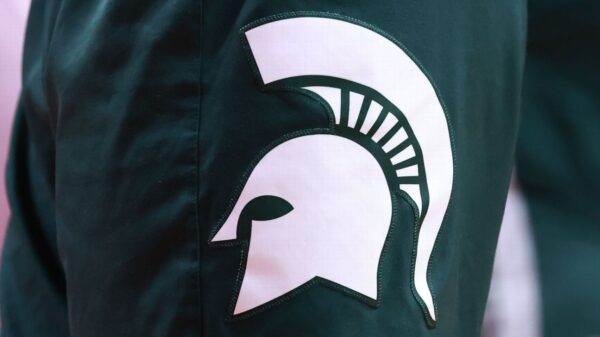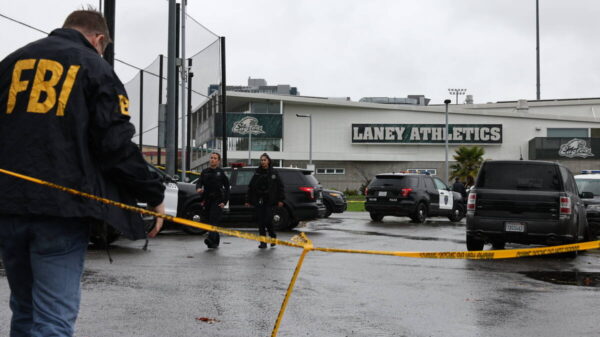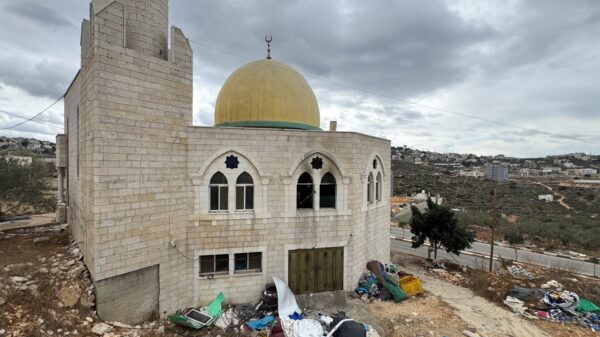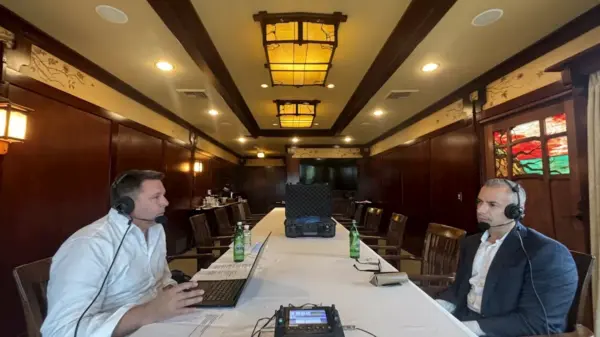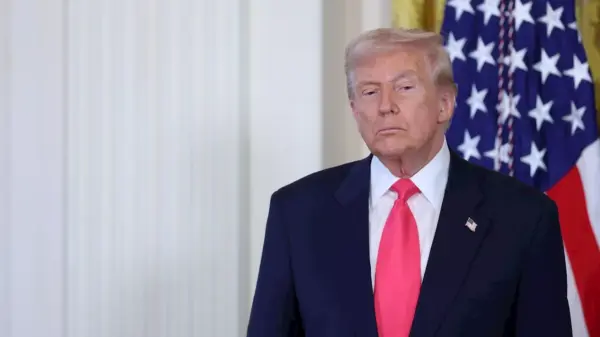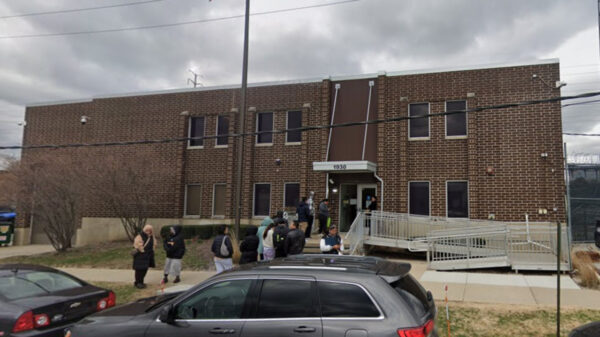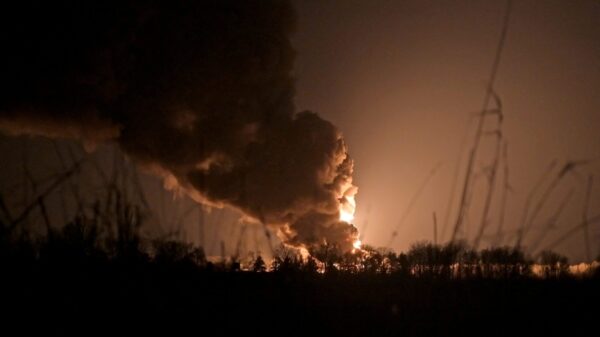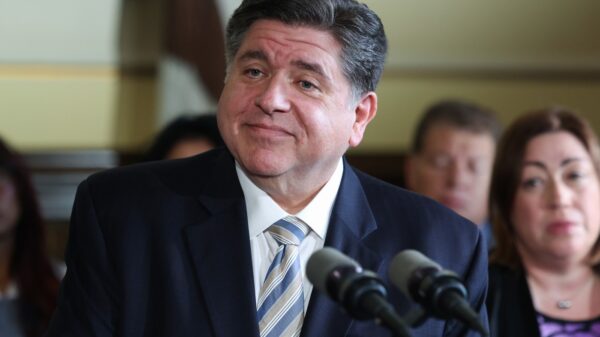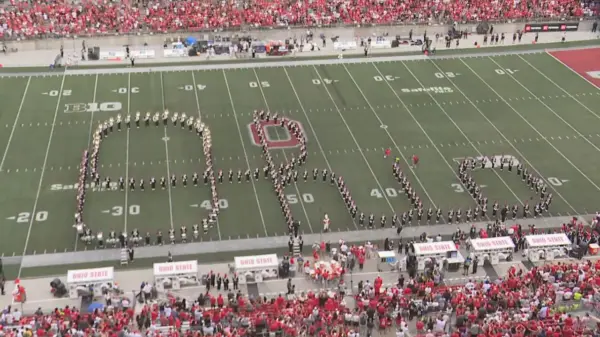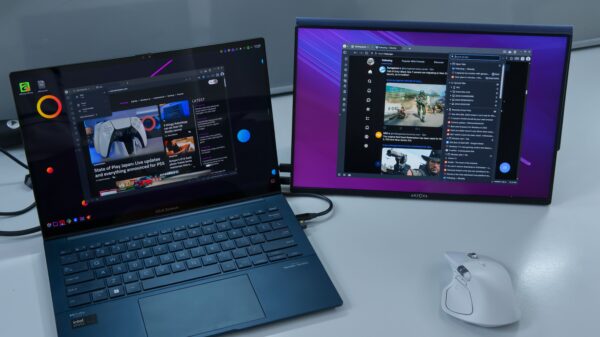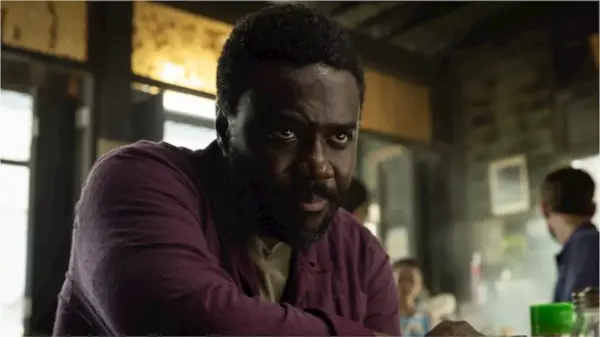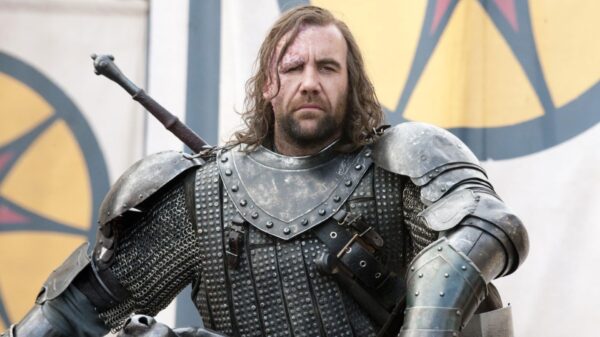El Salvador has made a significant drug seizure, recovering 1.4 tons of cocaine from the Pacific Ocean. President Nayib Bukele announced the operation on Tuesday, describing it as a critical blow to international drug trafficking. The cocaine packages were located approximately 1,000 miles southwest of El Cordoncillo at the mouth of the Jaltepeque estuary, according to Bukele’s social media post, which included images of the recovery operation.
This seizure is part of a broader effort to combat drug trafficking in the region, particularly as the United States intensifies its focus on Latin American drug cartels. President Donald Trump has previously characterized these organizations as foreign terrorist groups and has launched various military initiatives against them. The U.S. government estimates that around 90 percent of the cocaine entering the United States transits through Mexico and Central America, often using small aircraft, boats, and semi-submersibles.
The cocaine seized in this operation has an estimated street value of $35 million. President Bukele noted that from 2024 to 2025, El Salvador has confiscated a staggering 37.2 tons of cocaine, valued at approximately $932.4 million. The U.S. embassy in El Salvador commended the operation, stating, “Each successful action against criminal networks shows that there is a growing synchrony between partners with common goals.”
This latest seizure highlights the ongoing struggle against drug trafficking in Central America, an area frequently exploited by international criminal organizations. President Trump has recently deployed naval assets to the Caribbean, asserting that these actions are part of a larger strategy to target drug trafficking operations. In a notable incident, Trump ordered a missile strike on a suspected drug vessel, resulting in the deaths of 11 individuals linked to the Venezuelan criminal group Tren de Aragua, which has been designated as a terrorist organization.
Secretary of Defense Pete Hegseth reiterated the U.S. commitment to maintaining military presence in the Caribbean, asserting that forces would act decisively against “anyone trafficking in those waters who we know is a designated narco-terrorist.” Furthermore, plans are underway to deploy 10 F-35 fighter jets to the Caribbean aimed at enhancing operations against drug cartels.
As the battle against drug trafficking continues, El Salvador’s recent seizure serves as a reminder of the complexities involved in curbing the flow of illegal drugs and the collaborative efforts needed between nations to address this pressing issue effectively.





